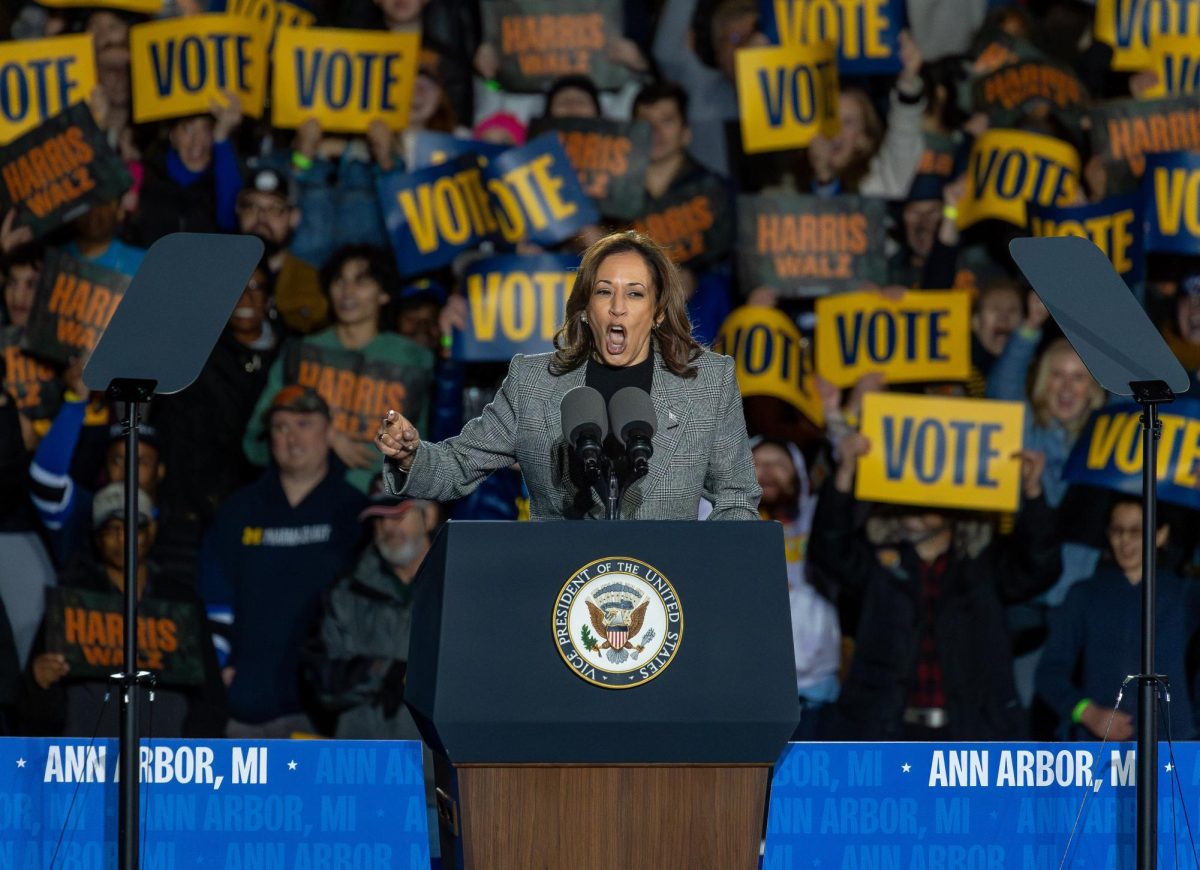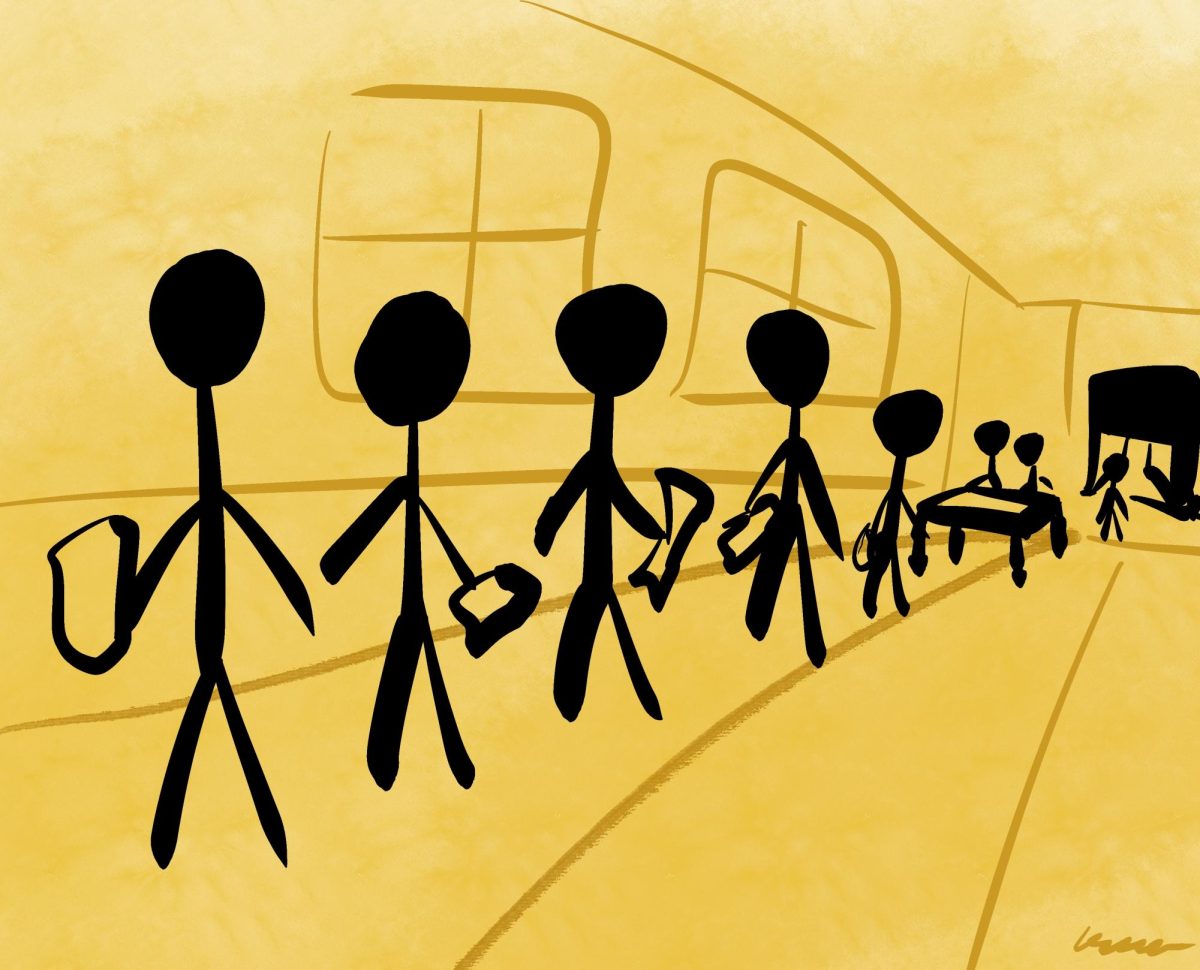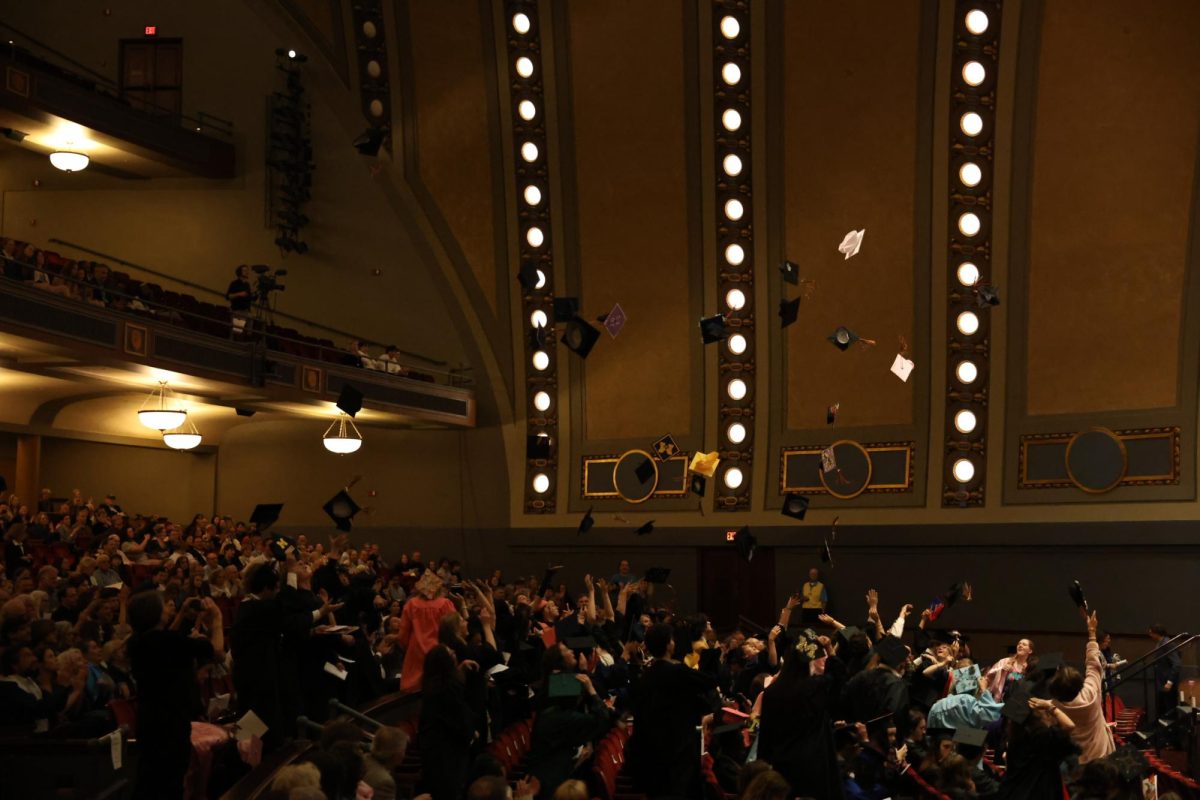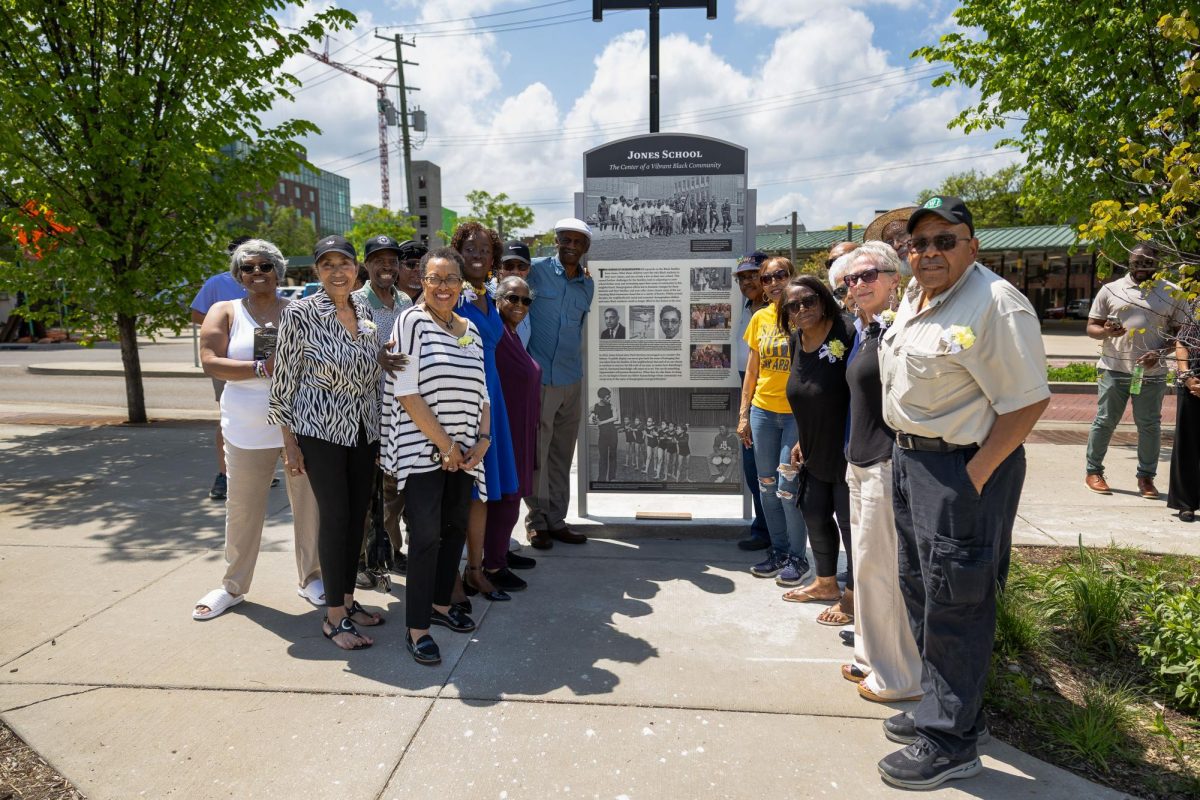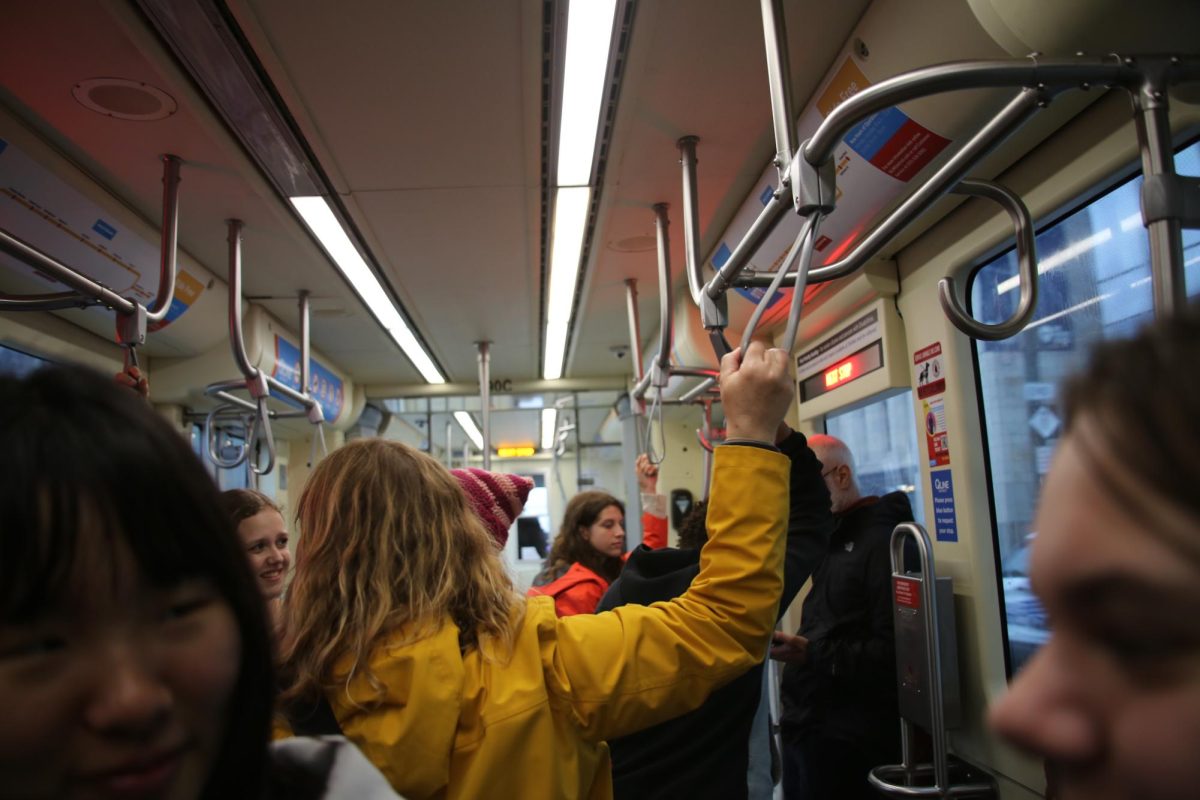
On Nov. 6, Americans will go to the polls to select their next president. In Michigan, voters will also decide on six statewide proposals: one referendum and five proposed amendments to the state constitution. The following descriptions of the proposals are written as they will appear on the ballot.
Proposal 1
Proposal 1 is a referendum on Public Act 4 of 2011, better known as the emergency manager law. That law would:
- Establish criteria to assess the financial condition of local government units, including school districts.
- Authorize Governor to appoint an emergency manager (EM) upon state finding of a financial emergency, and allow the EM to act in place of local government officials.
- Require EM to develop financial and operating plans, which may include modification or termination of contracts, reorganization of government, and determination of expenditures, services, and use of assets until the emergency is resolved.
- Alternatively, authorize state-appointed review team to enter into a local government approved consent decree.
Due to the form of the referendum, a “yes” vote upholds the law, while a “no” vote repeals it. Major supporters of Proposal 1, that is, those who want to keep the EM law, include Governor Snyder and the group Citizens for Fiscal Responsibility. Supporters say that emergency managers are necessary to reform insolvent local governments, and that it is in the best interest of the state to bypass local officials if they have failed to function effectively.
Opponents of the proposal include many members of the Flint City Council and the group Stand Up for Democracy. They say that emergency manager’s ability to ignore or even dissolve elected local governments and make budgetary decisions without their approval is undemocratic. In particular, the EM can modify or terminate union contracts with more freedom than local officials, which opponents of the proposal say infringes on employee’s rights.
Proposal 2
Proposal 2 is an attempt to amend the state constitution to protect collective bargaining for workers. The amendment would:
- Grant public and private employees the constitutional right to organize and bargain collectively through labor unions.
- Invalidate existing or future state or local laws that limit the ability to join unions and bargain collectively, and to negotiate and enforce collective bargaining agreements, including employees’ financial support of their labor unions. Laws may be enacted to prohibit public employees from striking.
- Override state laws that regulate hours and conditions of employment to the extent that those laws conflict with collective bargaining agreements.
- Define “employer” as a person or entity employing one or more employees.
Supporters of Proposal 2 include the Michigan Democratic Party and a coalition of public and private labor unions. They believe that collective bargaining is a fundamental right that needs to be protected by the constitution, and that doing so is necessary to ensure that workers get fair hours, wages, and working conditions.
Opponents include Governor Rick Snyder, the Michigan Republican Party and the Small Business Association of Michigan. They say that the law would lead a massive increase in union power and invalidate an unknown number of previously passed laws. Governor Snyder said in a press release: “I am a supporter of collective bargaining, but… [Prop 2] rolls back Michigan labor laws made over the last 30 or 40 years. This proposal should be called ‘the Back in Time amendment.’ It would seriously harm Michigan’s ability to keep moving forward.”
Proposal 3
Proposal 3 is another amendment to the state constitution. It is intended to increase the production of renewable energy in Michigan. If added to the constitution, it would:
- Require electric utilities to provide at least 25% of their annual retail sales of electricity from renewable energy sources, which are wind, solar, biomass, and hydropower, by 2025.
- Limit to not more than 1% per year electric utility rate increases charged to consumers only to achieve compliance with the renewable energy standard.
- Allow annual extensions of the deadline to meet the 25% standard in order to prevent rate increases over the 1% limit.
- Require the legislature to enact additional laws to encourage the use of Michigan made equipment and employment of Michigan residents.
Supporters of Proposal 3 include the primary sponsor Michigan Energy, Michigan Jobs and the Michigan Environmental Council. They argue that renewable energy is better for the environment and for public health, and that adapting new renewable technology would benefit manufacturing in Michigan and create jobs.
Opponents include Governor Snyder and the Clean Affordable Renewable Energy for Michigan Coalition. They point out that Michigan already has a law requiring 10% of our energy to come from renewable resources by 2015, and argue it’s not necessary to create a new requirement and lock it into the constitution. They also say that the cost of adapting new energy sources would make electricity more expensive.
Proposal 4
Proposal 4 would amend the constitution to create collective bargaining rights for in-home care workers. It would:
- Allow in-home care workers to bargain collectively with the Michigan Quality Home Care Council (MQHCC). Continue the current exclusive representative of in-home care workers until modified in accordance with labor laws.
- Require MQHCC to provide training for in-home care workers, create a registry of workers who pass background checks, and provide financial services to patients to manage the cost of in-home care.
- Preserve patients’ rights to hire in-home care workers who are not referred from the MQHCC registry who are bargaining unit members.
- Authorize the MQHCC to set minimum compensation standards and terms and conditions of employment.
Supporters include the Citizens for Quality Affordable Home Care. They say the proposal ensures that in-home care workers are qualified and receive adequate compensation.
Opponents include Governor Rick Snyder and the Michigan Chamber of Commerce. They argue that Proposal 4 would force in-home care workers to join a union and pay dues but wouldn’t help workers or their patients.
Proposal 5
Proposal 5 is a constitutional amendment that would make it more difficult to raise taxes. It would:
- Require a 2/3 majority vote of the State House and the State Senate, or a statewide vote of the people at a November election, in order for the State of Michigan to impose new or additional taxes on taxpayers or expand the base of taxation or increasing the rate of taxation.
- This section shall in no way be construed to limit or modify tax limitations otherwise created in this Constitution.
The main supporter of Proposal 5 is the Michigan Alliance for Prosperity. They argue that raising taxes should be difficult in order to keep government accountable to taxpayers.
Opponents of the proposal include Governor Snyder and the Michigan Chamber of Commerce. They say that it would make it excessively difficult for the legislature to enact reforms; for example, the repeal of the Michigan Business Tax also raised some taxes to make up for lost revenue and to gain support for the repeal, which means that under Proposal 5 it would have required a two-thirds majority to pass, and therefore would have been defeated.
Proposal 6
Proposal 6 would require voter approval for new bridges between the United States and Canada. It would:
- Require the approval of a majority of voters at a statewide election and in each municipality where “new international bridges or tunnels for motor vehicles” are to be located before the State of Michigan may expend state funds or resources for acquiring land, designing, soliciting bids for, constructing, financing, or promoting new international bridges or tunnels.
- Create a definition of “new international bridges or tunnels for motor vehicles” that means, “any bridge or tunnel which is not open to the public and serving traffic as of January 1, 2012.”
Proposal 6 is supported by the Detroit International Bridge Co., which owns the Ambassador Bridge and opposes the planned additional bridge, as it would compete with them for traffic. They argue that any plan to build a new bridge should have support from voters.
The proposal is opposed by Governor Snyder and the Michigan Chamber of Commerce. They say that the current bridge project would create jobs and the infrastructure would provide long-term benefit to Michigan’s economy. They also point out that the bridge project will not cost taxpayers, as it will be funded by Canada initially, and Michigan’s portion of the cost will be paid through tolls. They also say that the broad wording of the proposal could threaten other bridges under construction.
All of these proposals, if passed, will significantly affect Michigan’s future. Although the spotlight is on the national presidential election, it is important that voters make informed decisions on these statewide proposals. Every vote counts in determining their outcome, and it would be a mistake to pass up your chance to directly make your voice known on these issues.







